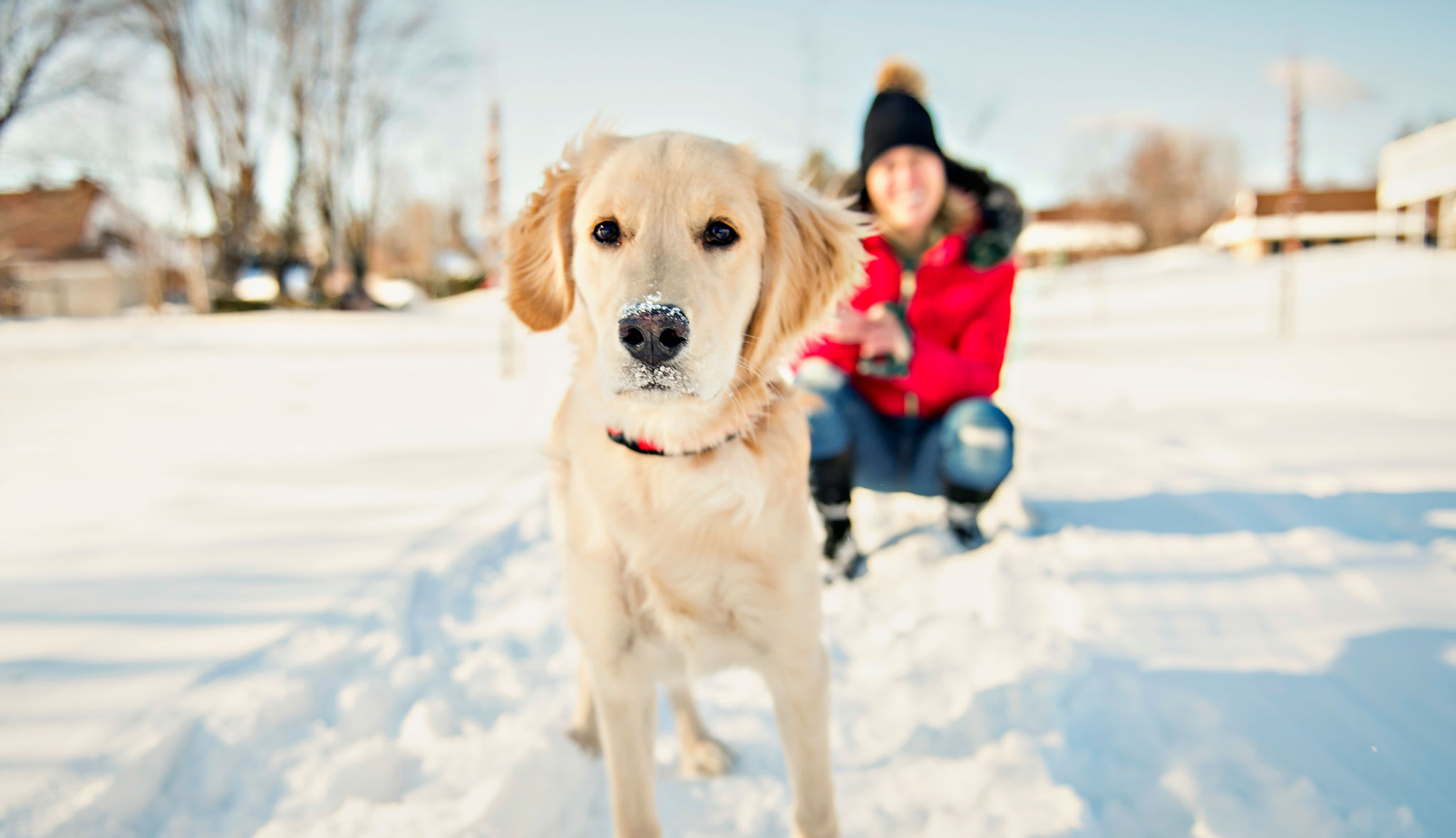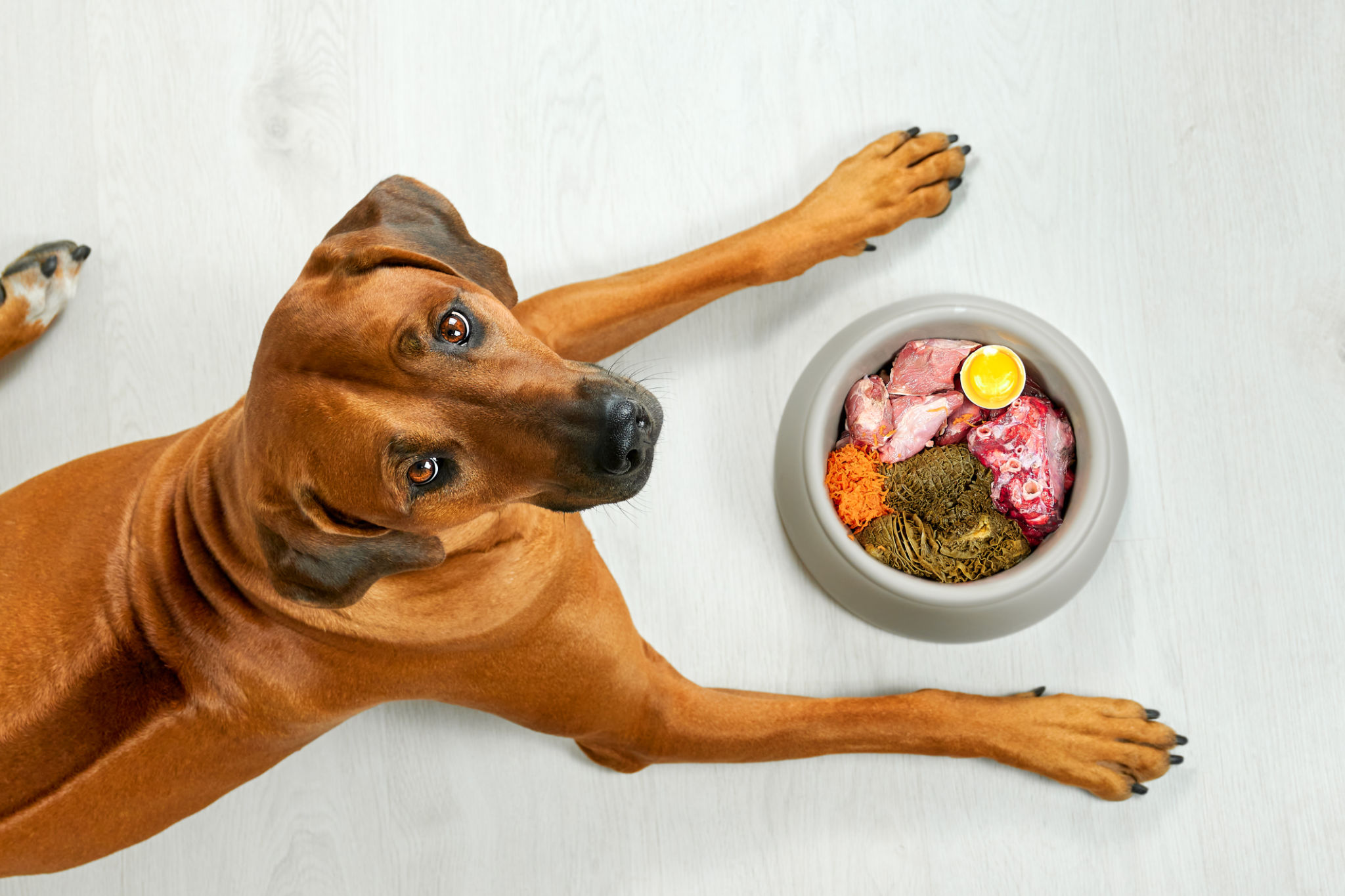Seasonal Pet Care Tips: Keeping Your Dog Warm and Active in Winter
PA
Understanding Your Dog's Winter Needs
As temperatures drop, it’s important to adjust your pet care routine to ensure your furry friend stays warm and active. Dogs, like humans, can feel the chill of winter, especially those with short hair or smaller breeds. By taking a few proactive steps, you can guarantee their comfort and health during the colder months.

Keep Your Dog Warm
Ensuring your dog is warm starts with their living environment. If your pet spends a lot of time outside, ensure they have a shelter that provides adequate insulation from the cold. Indoors, consider adding a cozy blanket to their bed for additional warmth. When going out for walks, a dog sweater or coat can help keep them comfortable, especially during extremely cold days.
Foot protection is also essential. Snow and ice can be harsh on your dog's paws, potentially causing cuts or irritation. Booties can provide protection while also keeping their paws dry. If your dog isn't a fan of wearing them, you can use paw wax to create a barrier against the elements.
Maintain an Active Lifestyle
Even in winter, regular exercise is crucial for your dog’s physical and mental health. Adapt your routine to the season by considering indoor activities like playing fetch or tug-of-war. If weather permits, continue with outdoor walks but be mindful of the temperature and duration.

Engage your dog with interactive toys that challenge their mind, such as puzzle feeders. This not only keeps them entertained but also helps to burn off excess energy that might otherwise manifest as destructive behavior indoors.
Nutrition and Hydration
During winter, some dogs may require more calories to maintain their body heat, especially if they spend a lot of time outdoors. Consult with your veterinarian to determine if dietary adjustments are necessary for your pet. Ensure that fresh water is always available, as heated homes can lead to dehydration.

Be cautious about feeding your dog table scraps during holiday festivities, as many typical seasonal foods can be harmful to them. Stick to dog-safe treats and consider incorporating seasonal fruits like apples and pumpkins into their diet for a healthy twist.
Regular Health Checks
Winter is a good time to schedule a veterinary check-up to address any concerns and ensure your dog is in top health. Cold weather can exacerbate certain conditions such as arthritis, so it’s important to monitor any changes in behavior or mobility.
By prioritizing your dog's needs during winter, you can enjoy the season together while keeping them happy and healthy. A little preparation and attention to detail go a long way in ensuring your furry friend remains warm and active until spring arrives.
